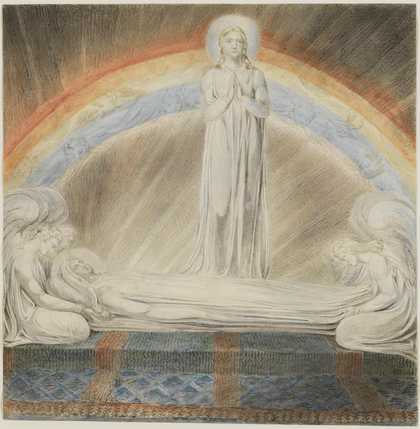
Last week, we began a reading of Plato’s dialogue, the Phaedo, which includes the death of Socrates. Plato is, in my view,routinely misunderstood in the modern world and, a couple of weeks back, I suggested a way in which he can be better read. This reading of the Phaedo puts that insight into practice.
Prison’s portal
We have reached a crucial, aching hiatus in the dialogue. The friends of Socrates, who have gathered around him on his last day, hours before he drinks the hemlock, are feeling the full force of death’s challenge, as they must. They must know the failure of trying to argue it away. If they felt they could reason themselves to comfort, death would lose its potency to point to more. They would squander its alchemy. They would not be exposed to what they cannot control and see what that might offer to them. And sure enough, at this the point in the dialogue, they worry they have reached a horizon over which they cannot peer, and that they are looking at death as the ultimate limit. In the telling, Plato has Socrates engineer the concern. He magnifies it – because that might, in fact, help. There are other possibilities that they must test and abandon, and see what truths are left. Death is a moment to let go.
Continue to read at my Substack, A Golden String…